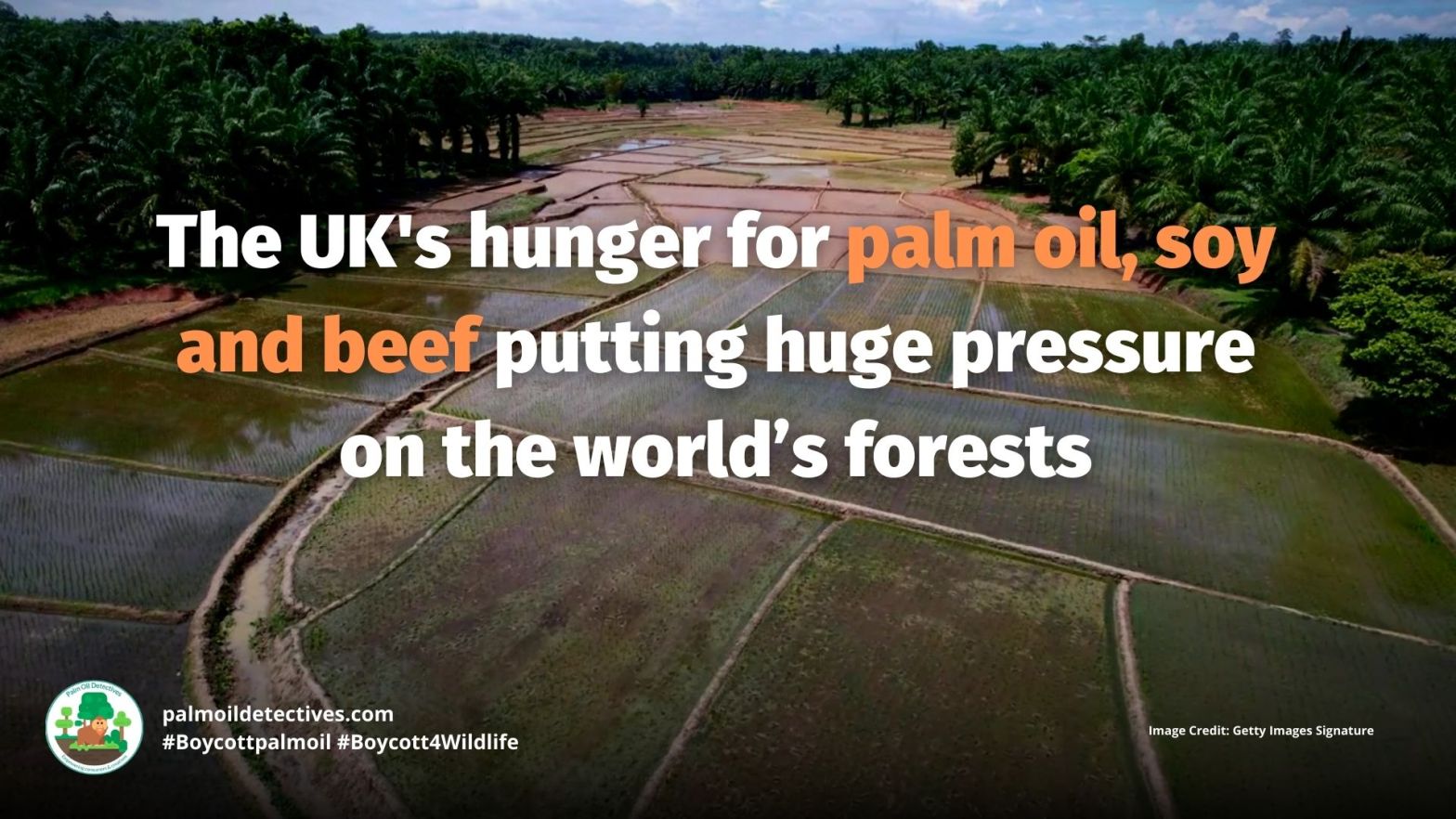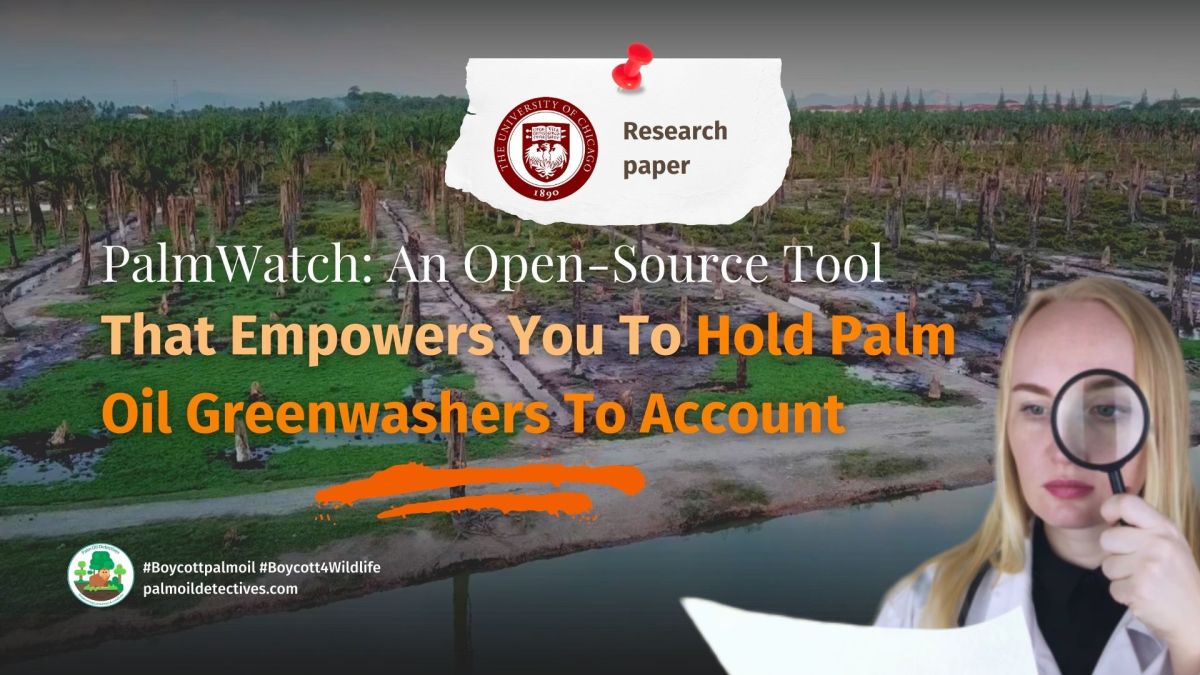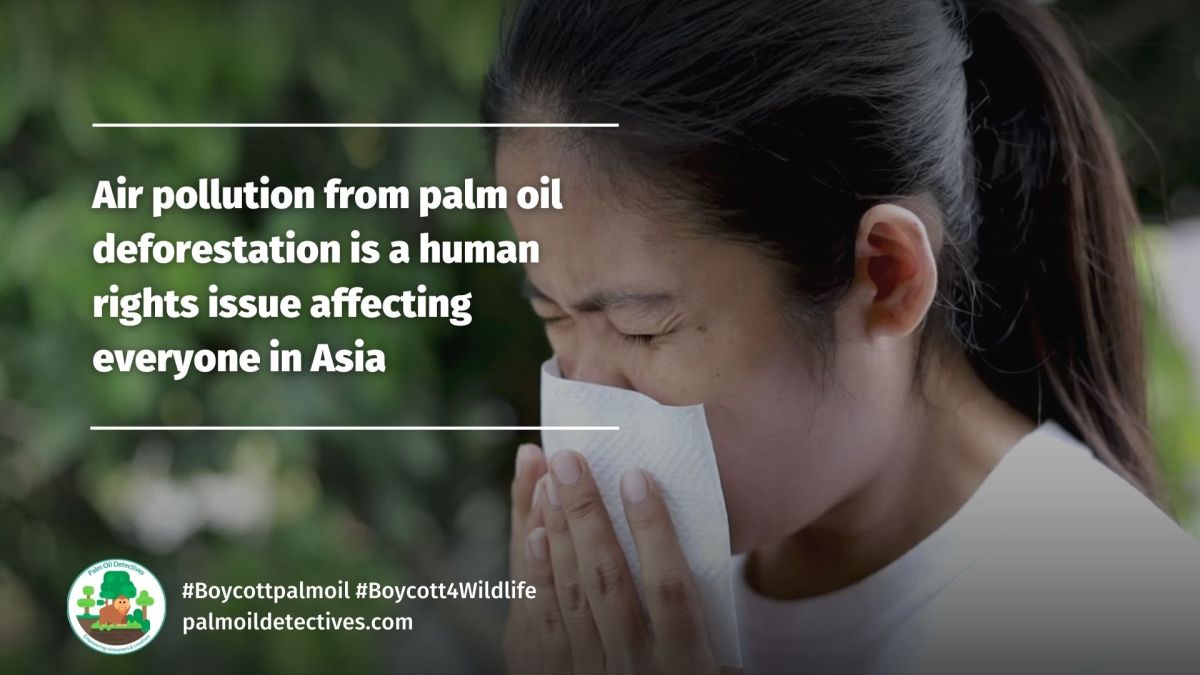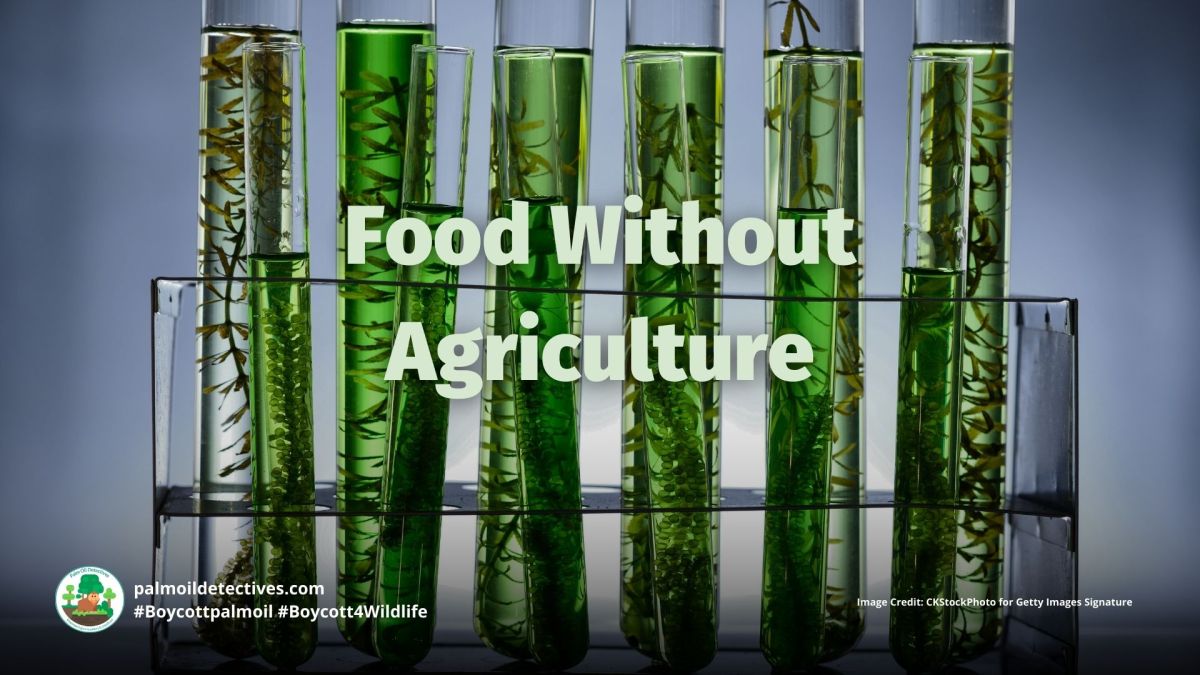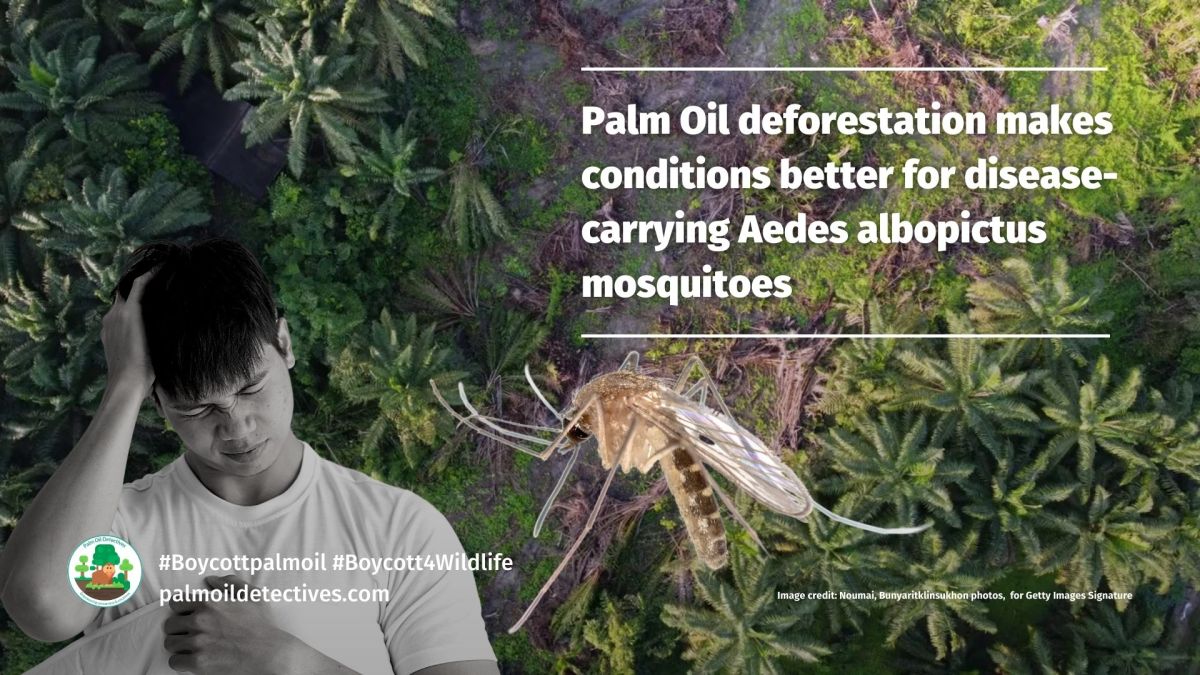Short version
Urgent call to action! 🌍 #UK’s heavy use of #palmoil #soy & #beef fuels global #deforestation. Demand stricter regulations & transparency. Make every purchase count and #Boycottmeat #BoycottPalmOil #Boycott4Wildlife, learn more: https://wp.me/pcFhgU-78V
The Environmental Audit Committee (EAC) in the UK has raised serious concerns about the country’s consumption of soy, cocoa, palm oil, beef, and leather and its importation of global deforestation from these commodities.
Despite the UK government’s announcement that it would certify these commodities as “sustainable” for UK markets, the EAC criticises the lack of a clear timeline and weak loopholes that could enable deforestation to continue.
The report highlighted that the UK has a higher consumption footprint per tonne compared to China. The EAC urges the government to close these gaps, enhance legislative frameworks, and develop a global footprint indicator to illustrate the UK’s deforestation impact and set reduction targets. Additionally, the report emphasises the need for more transparency in funding and meaningful inclusion of indigenous peoples in all deforestation negotiations.
Campaign groups like Global Witness and Friends of the Earth underscored the dire consequences of deforestation, including the alarming statistic of one environmental defender being killed every other day.
The UK’s role in global deforestation is fuelled in part by British banks. As the world experiences the intensifying effects of climate change and deforestation – comprehensive action is essential to truly safeguard forests and combat climate change.
Take action against deforestation by using your wallet as a weapon in the supermarket, be #vegan for the animals and #BoycottPalmOil and #Boycott4Wildlife. Learn more
Media release originally published in the Guardian as ‘Deforestation effect of UK consumption unsustainable, say MPs’ on 4th January, 2024. Read original
EAC chair Philip Dunne said this “should serve as a wake-up call to the Government”.
It comes after the Government announced that four commodities – cattle products (excluding dairy), cocoa, palm oil and soy – will have to be certified as “sustainable” if they are to be sold into UK markets.
The Government, which plans to gradually incorporate more products into the regime over time, has yet to provide a date for when the legislation will be introduced.
The committee said it is concerned this lack of timeline and its phased approach does not reflect the necessity of tackling deforestation urgently.
The report said: “The failure to include commodities such as maize, rubber and coffee within this scope does not demonstrate the level of urgency required to halt and reverse forest loss and land degradation by 2030.”
The EAC, which outlined a series of recommendations in the report, urged the Government to address these gaps and strengthen the existing legislative framework to ban businesses from trading or using commodities linked to deforestation.
It also called on ministers to develop a global footprint indicator to demonstrate the UK’s deforestation impact to the public and set a target to reduce it.
The committee said it heard concerns there is a lack of transparency over how planned investments into nature and climate programmes – including £1.5 billion earmarked for deforestation – will be spent and called for more clarity from ministers.

The MPs said they were also alarmed to hear from campaign group Global Witness that one person is killed every other day defending land and the environment.
They said support for indigenous peoples to participate fully in negotiations on deforestation activity is critical.
To fulfil its commitment to put environmental sustainability measures at the heart of global production and trade, the EAC repeated its calls for sustainability impact assessments to be conducted for all future trade agreements.
Mr Dunne said: “UK consumption is having an unsustainable impact on the planet at the current rate.

“UK markets must not be flooded with products that threaten the world’s forests, the people whose livelihoods rely on them and the precious ecosystems that call them home.”
Chair of the committee, Philip Dunne MP
“There is little sense of urgency about getting a rapid grip on the problem of deforestation, which needs to match the rhetoric.
“Countries all around the world contribute to deforestation and the international community of course needs to do much more to tackle deforestation.”
He added: “To demonstrate genuine global leadership in this critical area, the UK must demonstrate domestic policy progress and embed environmental and biodiversity protections in future trade deals.”
“The findings are clear, the UK will not reach net zero while British banks continue to fuel, and profit from, rampant deforestation of our climate-critical forests overseas. The Government will miss the global deadline to halt and reverse deforestation by 2030 unless it acts now.”
Alexandria Reid, senior global policy adviser at Global Witness, who gave evidence to the inquiry.
Kate Norgrove, executive director of advocacy and campaigns at WWF, said: “Despite some progress, this report shows that the UK Government needs to do much more to save our forests, which are one of our strongest allies in the fight against climate change.
“Every hectare of forest we lose takes us closer to runaway climate change which will be devastating for us all.”
“The committee is right to highlight the many flaws in the Government’s plans to curb deforestation. Not least, the failure to include all high-risk commodities as part of its proposed new deforestation law, as well as the fact that it will only apply to illegal logging, which is notoriously difficult to determine. We’re already seeing the very real impacts of climate and ecological breakdown both here in the UK and globally, through extremes such as searing heat, storms and floods, and this is only set to intensify.”
Clare Oxborrow, forests campaigner at Friends of the Earth.
A Government spokesperson said: “The UK is leading the way globally with new legislation to tackle illegal deforestation to make sure we rid UK supply chains of products contributing to the destruction of these vital habitats.
“This legislation has already been introduced through the Environment Act and is just one of many measures to halt and reverse global forest loss.
“We are also investing in significant international programmes to restore forests, which have avoided over 410,000 hectares of deforestation to date alongside supporting new green finance streams.”
Media release originally published in the Guardian as ‘Deforestation effect of UK consumption unsustainable, say MPs’ on 4th January, 2024. Read original
ENDS

Read more about deforestation, greenwashing and the palm oil industry
Contribute in five ways
1. Join the #Boycott4Wildlife on social media and subscribe to stay in the loop: Share posts from this website to your own network on Twitter, Mastadon, Instagram, Facebook and Youtube using the hashtags #Boycottpalmoil #Boycott4Wildlife.
2. Contribute stories: Academics, conservationists, scientists, indigenous rights advocates and animal rights advocates working to expose the corruption of the palm oil industry or to save animals can contribute stories to the website.
3. Supermarket sleuthing: Next time you’re in the supermarket, take photos of products containing palm oil. Share these to social media along with the hashtags to call out the greenwashing and ecocide of the brands who use palm oil. You can also take photos of palm oil free products and congratulate brands when they go palm oil free.
4. Take to the streets: Get in touch with Palm Oil Detectives to find out more.
5. Donate: Make a one-off or monthly donation to Palm Oil Detectives as a way of saying thank you and to help pay for ongoing running costs of the website and social media campaigns. Donate here

